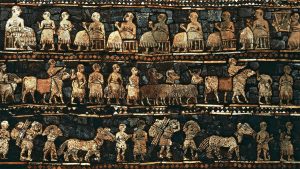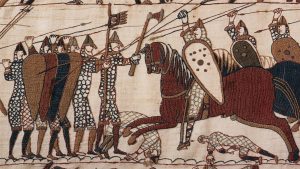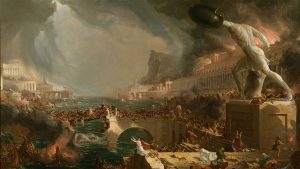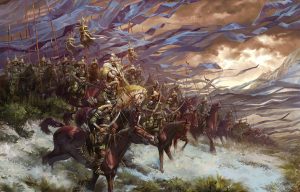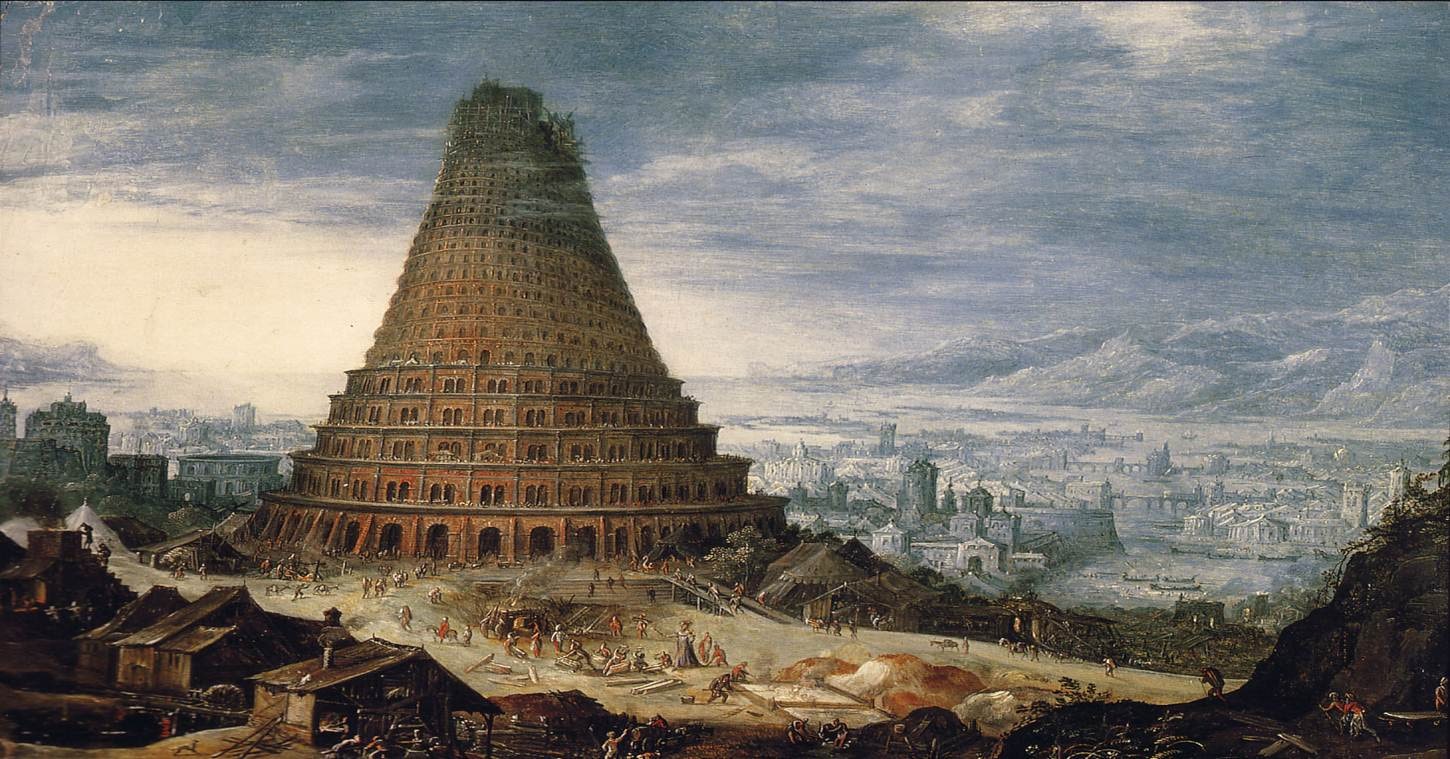
22 interesting facts about Babylonian Empire
- 👁️ 1902
The Babylonian Empire, one of the most influential and enduring civilizations of the ancient world, thrived in the region that is now modern-day Iraq. Known for its rich history, innovative achievements, and legendary rulers, Babylon left a lasting legacy that continues to fascinate historians and archaeologists today. At its zenith, the empire was a center of trade, culture, and scientific advancement, laying the groundwork for future civilizations. From the Hanging Gardens to the Code of Hammurabi, the Babylonian Empire’s contributions to law, architecture, and society are unparalleled. Here are 22 interesting and informative facts about the Babylonian Empire that highlight its significance in human history.
- The Babylonian Empire reached its peak during the reign of King Nebuchadnezzar II, who ruled from 605-562 BCE.
- Babylon, the capital of the empire, was located along the Euphrates River and was known for its impressive walls and buildings.
- The Hanging Gardens of Babylon, one of the Seven Wonders of the Ancient World, were said to have been built by Nebuchadnezzar II for his wife, Amytis of Media.
- The Babylonians developed one of the earliest systems of writing, cuneiform, which they inscribed on clay tablets.
- They made significant advancements in mathematics, including the development of a sexagesimal (base-60) number system, which is why we have 60 minutes in an hour and 360 degrees in a circle.
- The Code of Hammurabi, one of the oldest deciphered writings of significant length in the world, was a set of laws established by King Hammurabi to regulate Babylonian society.
- The Ishtar Gate, one of the eight gates of the inner city of Babylon, was constructed in about 575 BCE and was dedicated to the goddess Ishtar.
- The Babylonians were known for their achievements in astronomy; they could predict lunar eclipses and had identified the planets visible to the naked eye.
- The empire was famous for its ziggurats, massive terraced buildings that served as temples to the gods.
- The Babylonian calendar was lunar-based and is considered a precursor to the Jewish and Greek calendars.
- The empire was a melting pot of cultures, owing to Babylon’s position as a key trade center between the East and the West.
- Babylonian religion was polytheistic, with a pantheon of gods who each played a role in the natural world and society.
- The Epic of Gilgamesh, one of the earliest works of literature, originated in ancient Mesopotamia and was passed down through Babylonian oral tradition.
- The fall of the Babylonian Empire occurred in 539 BCE when it was conquered by the Persian King Cyrus the Great.
- The Marduk Prophecy is a Babylonian story that tells of the statue of the god Marduk’s adventures, reflecting the political situation in Mesopotamia at the time.
- Babylonian society was divided into several classes, from the ruling class and priests to merchants, artisans, and slaves.
- The Babylonians were pioneers in the use of irrigation to improve agriculture in the arid region of Mesopotamia.
- The Tower of Babel, described in the Bible, is believed by some scholars to have been inspired by a real ziggurat in Babylon.
- Nebuchadnezzar II is credited with the construction of the Etemenanki, a ziggurat dedicated to Marduk that may have been the basis for the Tower of Babel story.
- The Babylonian Empire played a crucial role in the development of commerce, establishing trade routes that connected them with distant lands.
- The city of Babylon was declared a UNESCO World Heritage Site in 2019, recognizing its outstanding universal value.
- Despite its ancient origins, the legacy of Babylon continues to be evident in modern law, language, architecture, and astronomy.
The Babylonian Empire’s contributions to civilization are both vast and enduring. From its legal codes and architectural marvels to its strides in mathematics and astronomy, Babylon’s influence can still be felt today. As a center of learning, culture, and power, Babylon not only dominated the ancient world but also laid the foundations for future generations. Its legacy serves as a reminder of humanity’s capacity for greatness and the enduring nature of our collective history.



